Potassium Sorbate Chemical: The Essential Product Guide
Potassium sorbate chemical, with the chemical formula C6H7O2KC_6H_7O_2K, is a widely used food preservative known for its ability to inhibit the growth of molds, yeasts, and bacteria. This versatile compound is a potassium salt of sorbic acid and is commonly found in various food products, cosmetics, and pharmaceuticals. Renowned for its effectiveness and safety, potassium sorbate chemical plays a crucial role in extending the shelf life of products across multiple industries. In this comprehensive product description, we will explore its properties, applications, benefits, and safety considerations, highlighting its significance across various fields.
Chemical Properties
Composition and Structure
Potassium sorbate is composed of potassium ions (K⁺) and sorbate ions (C₆H₇O₂⁻). It is typically produced by neutralizing sorbic acid with potassium hydroxide. The molecular weight of potassium sorbate is approximately 150.22 g/mol.
Physical Characteristics
- Appearance: White to off-white crystalline powder
- Molecular Weight: 150.22 g/mol
- Solubility: Soluble in water; slightly soluble in alcohol
- pH: Neutral to slightly alkaline in solution
- Melting Point: Decomposes at high temperatures
These properties make potassium sorbate chemical suitable for a variety of applications across different industries.
Applications of Potassium Sorbate Chemical
1. Food Industry
One of the primary uses of potassium sorbate is in the food industry:
- Preservative: It is widely used as a food preservative to inhibit the growth of molds and yeasts, thereby extending the shelf life of various products. Commonly found in baked goods, dairy products, beverages, and condiments, potassium sorbate helps maintain the quality and safety of food items.
- Flavor Stabilizer: Potassium sorbate can also stabilize flavors in food products, ensuring that they remain consistent over time.
2. Beverage Industry
In the beverage industry, potassium sorbate plays a significant role:
- Wine and Juice Preservation: It is commonly used in wines and fruit juices to prevent fermentation and spoilage. By inhibiting microbial growth, potassium sorbate allows for longer storage periods without compromising flavor.
- Carbonated Drinks: Potassium sorbate is added to carbonated beverages to maintain freshness and prevent spoilage.
3. Cosmetics and Personal Care
Potassium sorbate is also prevalent in cosmetics and personal care products:
- Preservative: It acts as a preservative in lotions, creams, and shampoos, preventing the growth of bacteria and fungi that can compromise product integrity.
- Safety in Formulations: Its low toxicity makes it a preferred choice for preserving personal care products, ensuring they remain safe for consumer use.
4. Pharmaceuticals
In the pharmaceutical sector, potassium sorbate is utilized for:
- Stabilizer: It serves as a stabilizer in various pharmaceutical formulations, enhancing the shelf life and effectiveness of medications.
- Antimicrobial Agent: Potassium sorbate is used in some formulations to prevent microbial contamination, ensuring the safety and efficacy of pharmaceutical products.
5. Agriculture
Potassium sorbate is finding applications in agriculture as well:
- Plant Growth Enhancer: It can be used as a plant growth enhancer, helping to improve the overall health and productivity of crops.
- Pesticide Formulations: The compound is sometimes included in pesticide formulations to enhance their effectiveness and stability.
Advantages of Using Potassium Sorbate Chemical
1. Effective Preservative
One of the primary advantages of potassium sorbate chemical is its effectiveness as a preservative. Its ability to inhibit the growth of molds, yeasts, and bacteria makes it invaluable in extending the shelf life of food and beverage products.
2. Versatility
Potassium sorbate is a versatile compound with applications across multiple industries, including food, beverages, cosmetics, pharmaceuticals, and agriculture. Its multifunctional properties make it a valuable resource for professionals.
3. Low Toxicity
Compared to other preservatives, potassium sorbate has a low toxicity profile, making it safe for use in food and personal care products. This characteristic is particularly important for health-conscious consumers.
4. Cost-Effectiveness
Potassium sorbate is often more affordable than other preservatives, providing significant benefits without requiring large quantities. This makes it an economical choice for manufacturers and researchers alike.
How to Use Potassium Sorbate Chemical
1. In the Food Industry
When using potassium sorbate in food applications:
- Dosage: The recommended dosage typically ranges from 0.1% to 0.2% of the total product weight, depending on the specific application and product type.
- Incorporation: Mix potassium sorbate with other ingredients during food processing to ensure even distribution and effectiveness.
2. In Beverages
For beverage applications:
- Preservation: Add potassium sorbate to wines, fruit juices, and carbonated drinks at recommended concentrations. Ensure thorough mixing for optimal preservation.
- Quality Control: Regularly monitor the quality of beverages to ensure compliance with safety standards.
3. In Cosmetics and Personal Care
For cosmetic applications:
- Formulation: Incorporate potassium sorbate into lotions, creams, and shampoos at concentrations typically ranging from 0.1% to 1%.
- Stability Testing: Regularly assess the stability and performance of cosmetic formulations to ensure safety and efficacy.
4. In Pharmaceuticals
In pharmaceutical applications:
- Formulation: Use potassium sorbate as a stabilizer in medications at recommended concentrations, typically around 0.1% to 0.5%.
- Quality Assurance: Regularly monitor the stability and effectiveness of pharmaceutical formulations to ensure compliance with industry standards.
5. In Agriculture
For agricultural applications:
- Application: Use potassium sorbate in plant growth formulations or pesticides according to recommended guidelines for optimal results.
- Monitoring: Regularly assess crop health and productivity to evaluate the effectiveness of potassium sorbate.
Safety and Handling
1. Toxicity
Potassium sorbate is generally regarded as safe for use in food, cosmetics, and pharmaceuticals when handled properly. However, excessive exposure may cause irritation to the skin, eyes, and respiratory tract.
2. Protective Measures
When handling potassium sorbate chemical, it is essential to:
- Wear Protective Gear: Use gloves, goggles, and appropriate lab attire to minimize exposure risks.
- Ensure Proper Ventilation: Work in a well-ventilated area to avoid inhaling dust or fumes.
3. Storage
Store potassium sorbate in a cool, dry place away from direct sunlight and moisture. Ensure that containers are tightly sealed to prevent contamination and degradation.
Environmental Considerations
Potassium sorbate is considered environmentally friendly when used according to recommended practices. However, proper disposal methods should be followed to minimize any potential impact. Always adhere to local regulations regarding chemical waste disposal.
Conclusion
Potassium sorbate chemical is a versatile and essential compound widely used in the food industry, beverages, cosmetics, pharmaceuticals, and agriculture. Its unique properties, including effectiveness as a preservative and low toxicity, make it an invaluable resource for professionals across various industries.
When purchasing potassium sorbate, choose reputable suppliers that provide high-quality products and detailed safety data sheets. Understanding its applications, benefits, and safety measures will help you maximize the potential of this remarkable compound in your projects.
Whether you’re a food manufacturer looking to enhance product quality, a beverage producer aiming to improve shelf life, or a cosmetic expert seeking reliable preservatives, potassium sorbate chemical can meet your needs. Embrace the advantages of this compound and unlock new possibilities in your field!
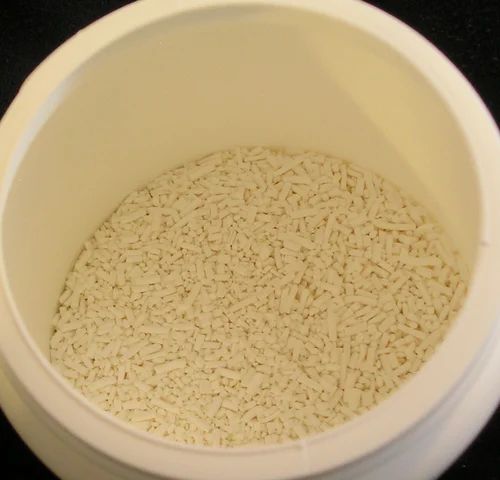
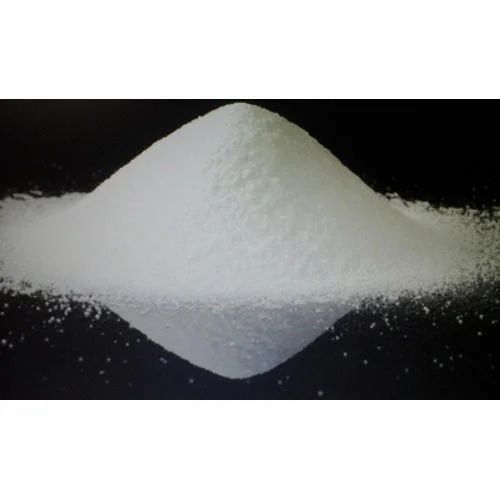
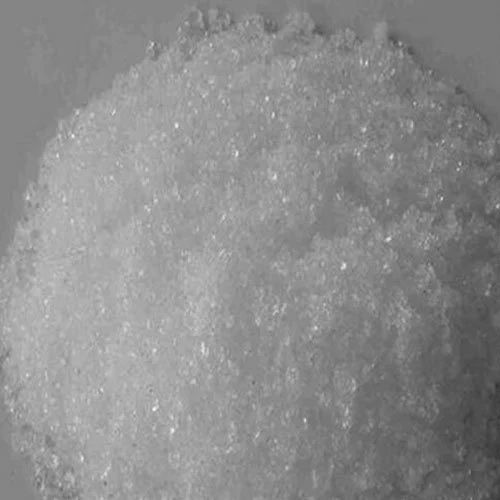
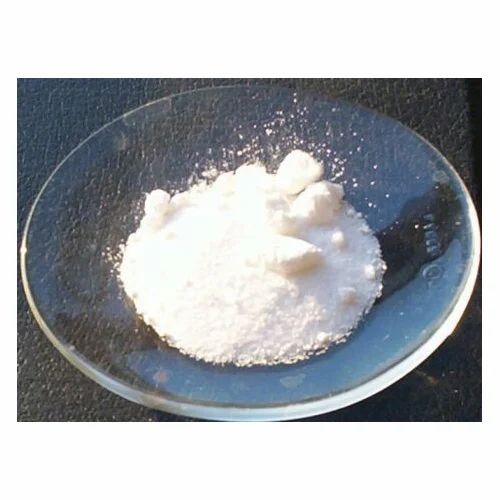
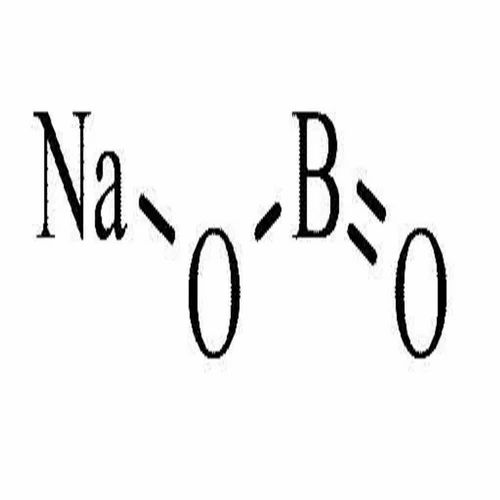
Reviews
There are no reviews yet.